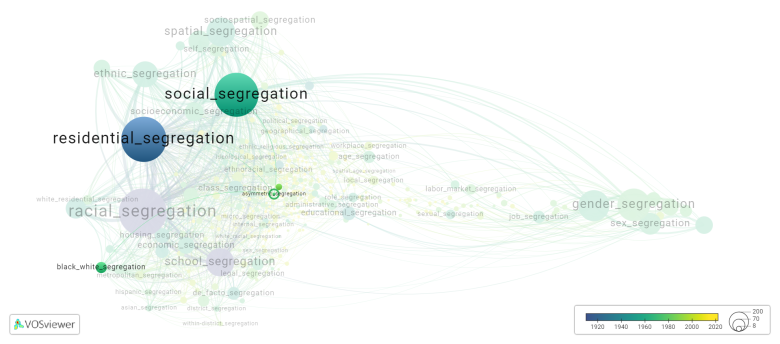Asymmetric segregation: Difference between revisions
(Creating page) |
(Creating page) |
||
| (One intermediate revision by the same user not shown) | |||
| Line 6: | Line 6: | ||
Asymmetric segregation refers to the unequal distribution of cellular components or factors during cell division, resulting in daughter cells with different characteristics. This process plays a key role in cell fate determination and differentiation in various organisms. For example, during stem cell division, asymmetric segregation can lead to one daughter cell retaining stem cell properties while the other becomes more specialized. This mechanism helps to generate cellular diversity and maintain tissue homeostasis in multicellular organisms. | Asymmetric segregation refers to the unequal distribution of cellular components or factors during cell division, resulting in daughter cells with different characteristics. This process plays a key role in cell fate determination and differentiation in various organisms. For example, during stem cell division, asymmetric segregation can lead to one daughter cell retaining stem cell properties while the other becomes more specialized. This mechanism helps to generate cellular diversity and maintain tissue homeostasis in multicellular organisms. | ||
===== Synonyms ===== | ===== Synonyms ===== | ||
The following terms are synonymous with: | The following terms are synonymous with asymmetric segregation: | ||
asymmetrical segregation. | asymmetrical segregation. | ||
| Line 18: | Line 18: | ||
[[File:asymmetric_segregation.png|780x780px]] | [[File:asymmetric_segregation.png|780x780px]] | ||
This visualization is based on the study [[Segregation_Wiki:About| The Multidisciplinary Landscape of Segregation Research]]. | |||
For the complete network of | For the complete network of interrelated segregation forms, please refer to: | ||
* | * [https://tinyurl.com/2235lkhw First year of publication] | ||
* | * [https://tinyurl.com/2d8wg5n3 Louvain clusters] | ||
* | * [https://tinyurl.com/223udk5r Betweenness centrality] | ||
* | * [https://tinyurl.com/244d8unz Disciplines in which segregation forms first emerged (Scopus database).] | ||
==References== | ==References== | ||
==Notes== | ==Notes== | ||
Latest revision as of 07:17, 16 October 2024
Date and country of first publication[1][edit | edit source]
1982
United States
Definition[edit | edit source]
Asymmetric segregation refers to the unequal distribution of cellular components or factors during cell division, resulting in daughter cells with different characteristics. This process plays a key role in cell fate determination and differentiation in various organisms. For example, during stem cell division, asymmetric segregation can lead to one daughter cell retaining stem cell properties while the other becomes more specialized. This mechanism helps to generate cellular diversity and maintain tissue homeostasis in multicellular organisms.
Synonyms[edit | edit source]
The following terms are synonymous with asymmetric segregation:
asymmetrical segregation.
References and literature addressing this segregation form under these synonymous terms can be found below.
See also[edit | edit source]
Related segregation forms[edit | edit source]
Asymmetric segregation is frequently discussed in the literature with the following segregation forms:
residential segregation, black white segregation, social segregation, institutionalized segregation

This visualization is based on the study The Multidisciplinary Landscape of Segregation Research.
For the complete network of interrelated segregation forms, please refer to:
References[edit | edit source]
Notes[edit | edit source]
- ↑ Date and country of first publication as informed by the Scopus database (December 2023).
At its current state, this definition has been generated by a Large Language Model (LLM) so far without review by an independent researcher or a member of the curating team of segregation experts that keep the Segregation Wiki online. While we strive for accuracy, we cannot guarantee its reliability, completeness and timeliness. Please use this content with caution and verify information as needed. Also, feel free to improve on the definition as you see fit, including the use of references and other informational resources. We value your input in enhancing the quality and accuracy of the definitions of segregation forms collectively offered in the Segregation Wiki ©.
Asymmetric segregation appears in the following literature[edit | edit source]
Lieberson S., Carter D.K. (1982). A Model for Inferring the Voluntary and involuntary causes of residential segregation. Demography, 19(4), 511-526. https://doi.org/10.2307/2061016
Chen Y., Fehr E., Fischbacher U., Morgan P. (2015). Decentralized matching and social segregation. Games and Economic Behavior, 90(), 17-43. Academic Press Inc..https://doi.org/10.1016/j.geb.2014.11.004
